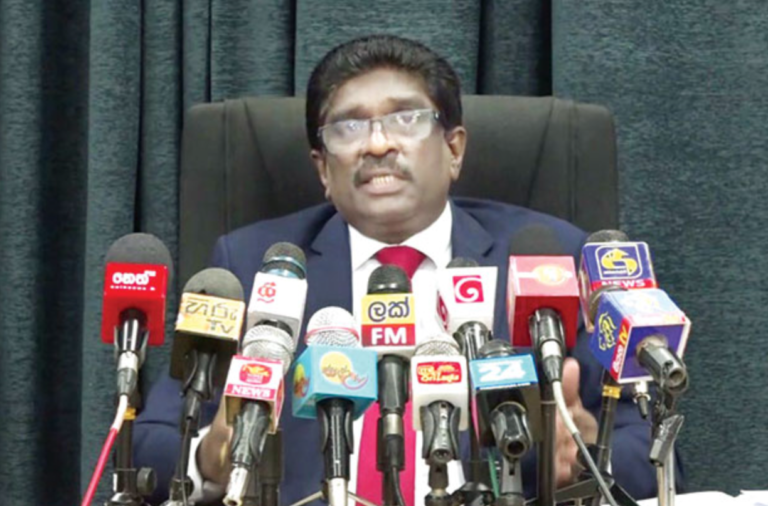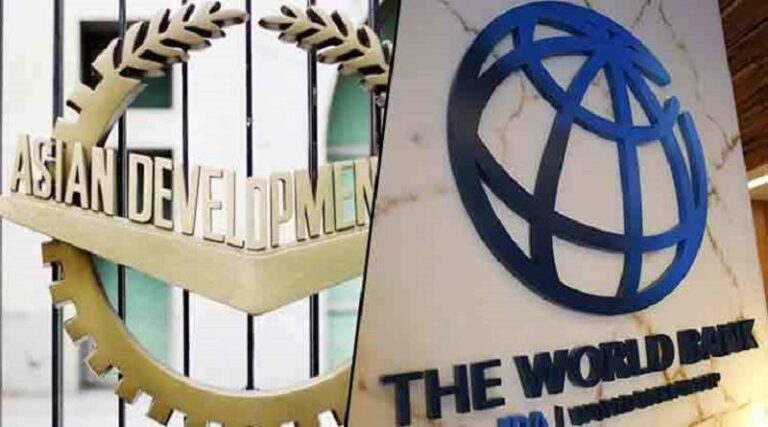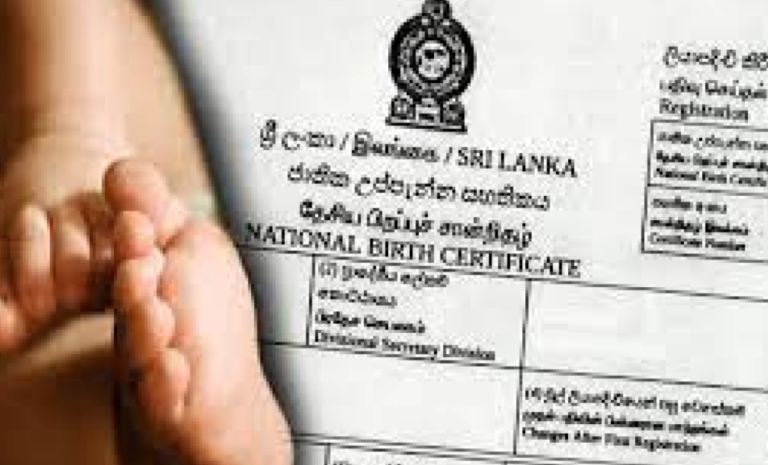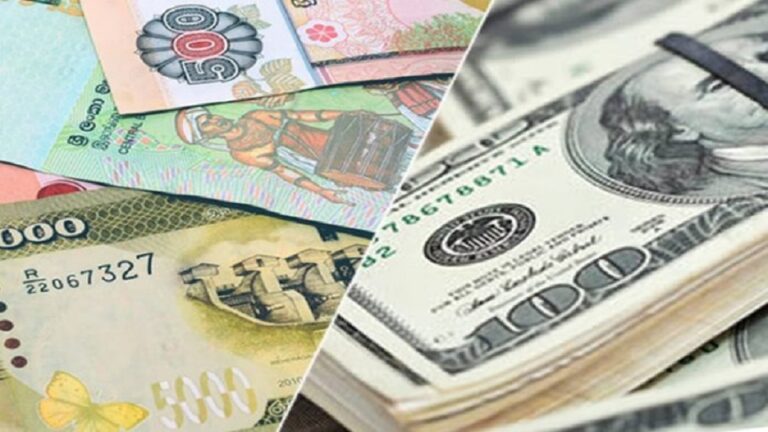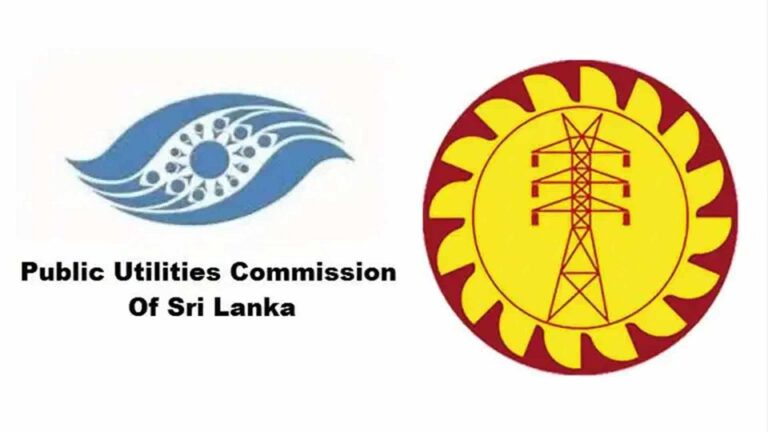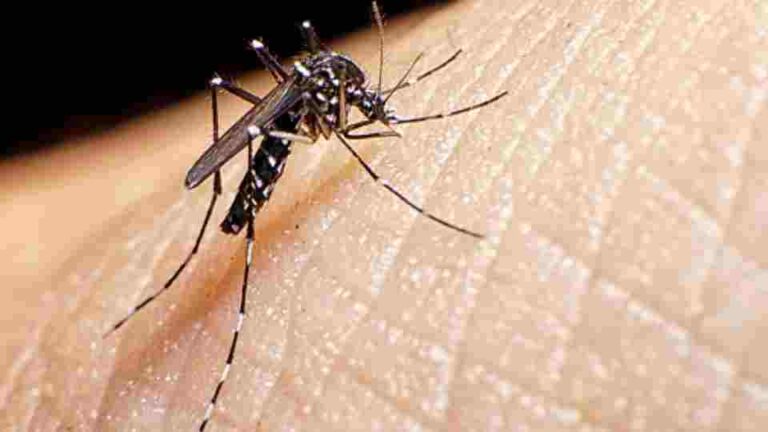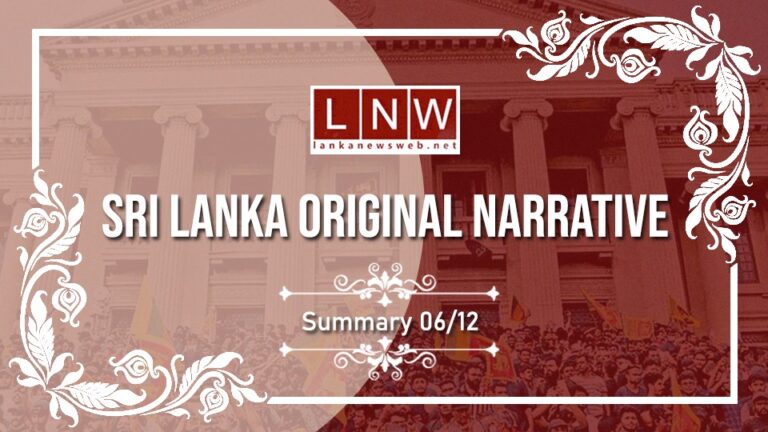By: Staff Writer
Colombo (LNW): The Telecomm-unication Engineers’ Union (TEU) has raised concerns over the proposed sale of SLT-Mobitel highlighting a host of issues relating to the Government’s first step – the notice of Request for Qualification (RFQ) published last month.
TEU is the most prestigious professional trade union in Sri Lanka Telecom PLC consisting of around 550 qualified, experienced, and passionate professional engineers representing 95% of the management of the Company.
The TEU letter to the SOE Restructuring Unit Director General Suresh Shah listing the key concerns has been signed by President Eng. Manjula Samarasinghe and Secretary Eng. Hasaranga Vidanapathirana.
The latest representation in writing is despite TEU together with other fellow professional trade unions having been in communication with the SOERU.
Since the inception of the divestiture process in late 2022 and having held several meetings to guarantee that the potential investor of SLT would be the ideal strategic partner who would propel the entity to new heights and ultimately benefit the entire country.
Having raised serious doubts whether the recently released RFQ to divest Sri Lanka Telecom PLC will actually pave the way for the country to achieve its short- and long-term goals, TEU said it (RFQ) contained ambiguities and catered simply to “any investor,” diluting the level of knowledge, competence, and ability expected of a potential investor.
TEU recalled in their discussions Shah was specifically conveyed the desirable characteristics of such a strategic partner.
However, TEU said it appears that neither the Committee nor the project and evaluation committees appointed by the Cabinet have given much thought to the recommendations put forth by TEU.
Instead, they may have been swayed by political pressure or unseen forces to alter the RFQ document, which was purportedly prepared by the renowned International Finance Corporation (IFC) on a global scale, in order to suit their own whims and fancy.
Noting that some of the trade unions of SLT have resorted to various trade union actions all over the country, TEU said: “Such actions will only tarnish the image of the company and will distant potential investors eventually be bringing a negative impact on the Government’s effort on reformation.
The Union is to start discussing employee rights, benefits, and welfare also under this subject of divestiture since it is going to be a critical factor in the whole process.”



